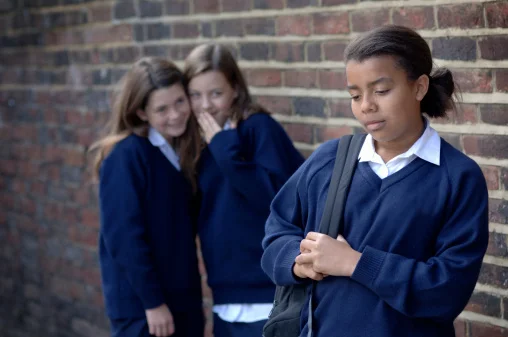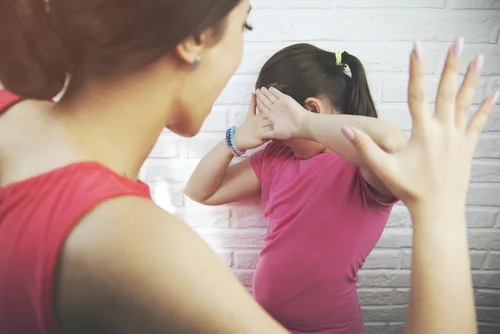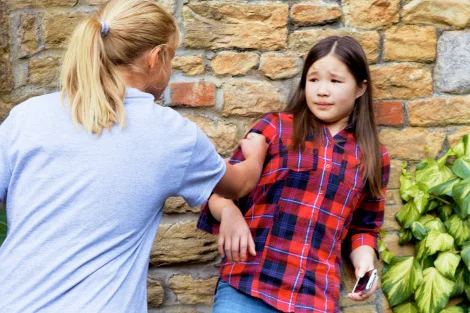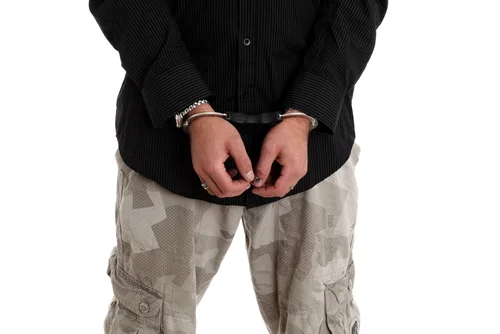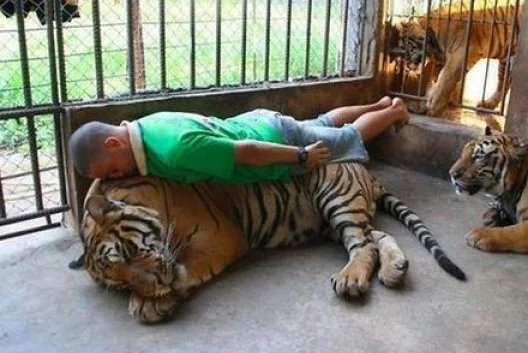+1 845 259 2974 (11 a.m to 7 p.m CST)
Fending off the Specter of Bullying from Bullying Class
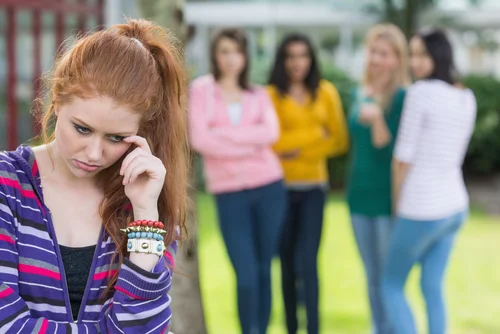
Children tend to withdraw from physical activities like PE classes and sports in general due to bullying, according to a study led by Brigham Young University (BYU) researchers. The other researchers in the study belonged to the Oklahoma State University and University of Kansas respectively.
The study said that a year after facing bullying in PE or sports activities, these kids remained less active and were the target of jokes from other kids. The research, published in the Journal of Pediatric Psychology, noted that this is true for both the overweight and healthy children.
This study has brought into mainstream the concept of bullying in school sports and the implications that it can have on the victim’s self-esteem for an entire lifetime.
Stressed out by Sports
The research reintroduces two essential factors of child wellbeing that includes a lack of physical activity and the resulting weight gain. Obesity can expose children to serious health issues in life. The situation has already been termed alarming by the Centers for Disease Control and Prevention, the American Academy of Pediatrics and others.
The research points towards the grave situation where only 8 percent of school-age children get the advised one hour physical activity a day set according to federal guidelines.
In addition, the US Department of Education’s National Center on Educational Statistics shared research which noted that approximately 13.5 million episodes of bullying were reported in 2011 that were spread across the entire spectrum of bullying. These statistics could not really make an estimate of the number of kids who do not report incidents of bullying in sports at all.
Teased out of the Gym Class
"Kids may be teased about their physical skills, ostracized when teams are chosen for sports, or criticized for their physical appearance when they wear exercise clothing," said Chad D Jensen, assistant professor in the Department of Psychology at BYU and lead researcher of the study.
"Children who have been criticized for their physical skills, chosen last and ridiculed seem to avoid physical activity, perhaps because from previous experience they figure it's punishing and they'll stay on the sidelines," Jensen added.
The researchers talked to 108 students from several Midwest grade schools about their diets and how they were generally treated by their peers. According to Jenson, the research was focused on a “constellation of physical, psychological, emotional and academic functioning.”
The Year After
The study found out that even a year later, 9- to 12-year-old children, who had been teased during physical activity were less active than those who were not teased at all. The most hard-hit group was that of obese kids who experienced a slump in their health-related quality of life, including physical, social and academic success.
Springing into Action
The American Academy of Pediatrics' “Bright Futures” report notes that “physical activity is an essential component of a healthy lifestyle and must begin in infancy and extend throughout adulthood.”
Parents, if you are a lazy bunch, then spring into action for the sake of your kids. Start less stressful physical activity around the house, for instance, hide-and-seek, skip the rope, climbing a tree, and of course chasing the house cat around.
Go ahead, humor yourself if you may, but it is true that you don’t need an expansive setup to help your kids spend an active life. The supposedly worthless tools at your home are enough to keep oneself active.
Did you know that clearing the pavement on a snowy morning and raking the autumn leaves is a complete body exercise?
Better start training your children now to make them tough for the future.


